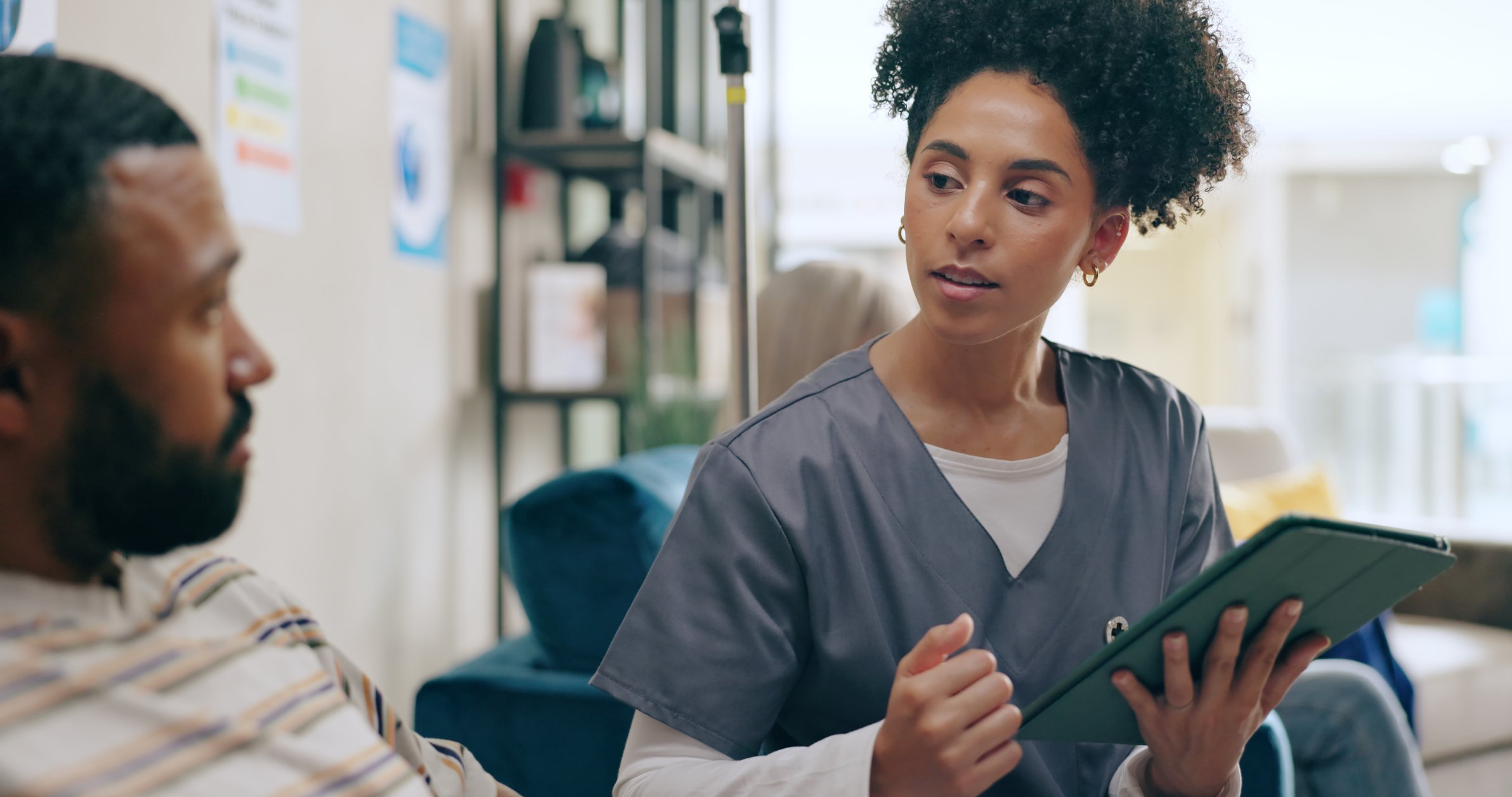by Jennifer Etienne and Anna Diane
Boston College William F. Connell School of Nursing
Our names are Jennifer Etienne and Anna Diane, and we are currently senior nursing students at Boston College. This past January, Boston College’s Connell School of Nursing sponsored a nursing service trip to Leogane, Haiti as a part of the community health clinical requirement. This service trip included Boston College (BC) nursing students, nurse practitioners and registered nurses. We held mobile clinics for ten days and saw over 1100 patients. Over the course of our trip, we encountered many patients who we will never forget.
We were amazed by the beauty and kindness of the Haitian people despite all the myriad challenges of their daily lives. We saw many of the common medical conditions that we see in the U.S., such as hypertension, GERD, and diabetes. Due to the area’s extreme poverty, most of our patients had not received health care in years- if at all. A typical day consisted of waking up at 6 a.m., eating breakfast, and packing up a truck with all of the medications and supplies that we had restocked and repacked the night before. We worked with the resources that were available in the community. We set up the clinic with a triage station, consultation, and pharmacy that were situated in the home of one of the individuals within the community. We were fortunate to have a Haitian dentist participate in our clinic as well. Generous neighbors were kind enough to donate chairs and tables for use in our clinics. The women’s privacy room for pelvic exams was constructed from two sheets and a cement wall on a slab of pavement, and the dentist did his work in a reclining lawn chair. In spite of these challenging conditions, our clinics were very successful with the individuals within the community, as exemplified by their gratitude.
The truth is that the people in Haiti receive little healthcare and basic problems often become major health concerns, which is very frustrating to us as future health care providers. This experience illustrated the importance of preventative health care measures. Preventative health care measures, such as providing health education, not only empowered the people, but also gave us a chance to interact with our patients. For example, we crafted and brought cycle beads, which we handed out to the women who we saw in our clinics. These beads help women with family planning as an alternative to birth control contraceptives because many Haitian women do not have the choice to take birth control or access to contraceptives.
It was clear that education was the most important aspect of health promotion and health prevention in Haiti, because it gave the Haitian people a sense of autonomy. For example, simple measures such as demonstrating to Haitians how to properly carry a bucket of water by evenly distributing their weight could help prevent future back problems. We realized, however, that in order to educate the Haitian people on preventative measures, we had to consider what resources were available to them. For instance, teaching a group of Haitian families how to reduce their risk of hypertension would be difficult since measuring cups and nutritional labels are not always available to them. However we could overcome the issue by demonstrating the healthy amount of salt used to prepare meals by using the tip of one’s pinky as an alternative measuring device. Such measures could help to reduce the risk of hypertension in Haitian families and significantly improve overall health. We believe that the use of primary prevention can help to prevent illness in Haiti and empower the people to make their own healthy choices.
Even though we treated more than eleven hundred patients, the realization that the majority of Haitians still lack access to basic health resources was overwhelming. Despite this sad reality, the people we met and the patients we treated assured us that our work was appreciated and worthwhile. Treating this population was an extremely moving experience. We were able to immediately see the difference that we were making, whether it be through treating a baby with scabies or rehydrating a child, the patients were enormously appreciative. This trip has forever changed how we view the care that we will provide as future nurses. We are more aware of the issues that affect Haitians, such as a pervasive lack of health education and the need for more culturally sensitive health care providers. This experience has further motivated us, because as minorities, we recognize our important role in communicating, advocating, and initiating preventative programs to help improve the care and quality of health of minorities. We hope to apply our nursing skills, education, and experiences to help decrease health disparities both within the U.S. and other countries.
Thank you for allowing us to share about our experience in Haiti. We strongly encourage others to consider doing nursing work abroad. In addition to helping those in need of care, such trips endow nurses with truly invaluable perspective into the issues that face the world of health care. With hope, the insights that nurses gain through these types of trips will benefit their patients for years to come.
Recent Posts

The Best (and Worst) Snacks to Survive a Long Shift
Nursing shifts are no joke; 12 hours (or more) on your feet, juggling patient care, documentation, and the occasional code blue. In the middle of all that chaos, snacks become more than just food;...
Read More

The Life-Saving Power of Preventative Nursing Care
In the grand narrative of healthcare, the spotlight often shines brightest on dramatic interventions – emergency surgeries, groundbreaking treatments, and heroic resuscitations. Yet, lurking quietly...
Read More

Disability Pride Month: Honoring History, Empowering Futures
As Nurses, we witness the incredible resilience and unique journeys of individuals every single day. July marks an important occasion: Disability Pride Month. Disability Pride isn't about denying the...
Read More


